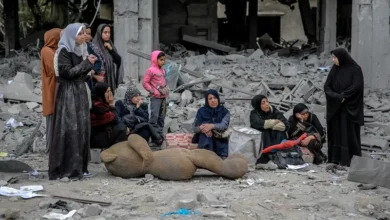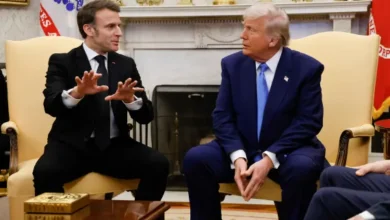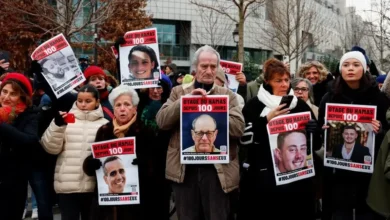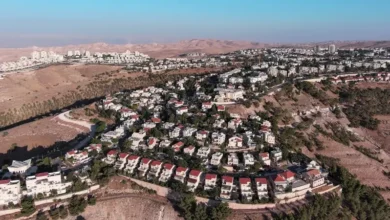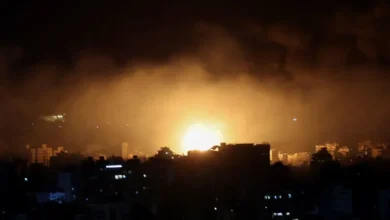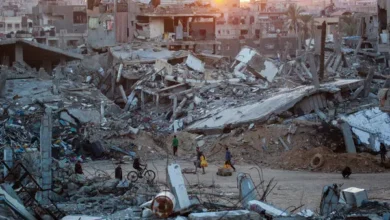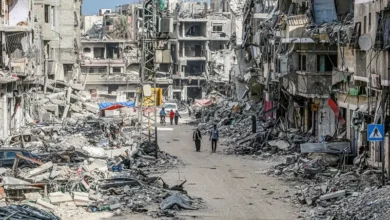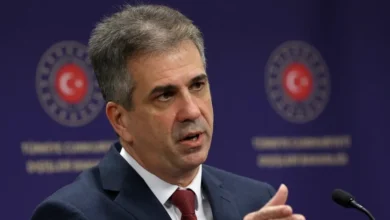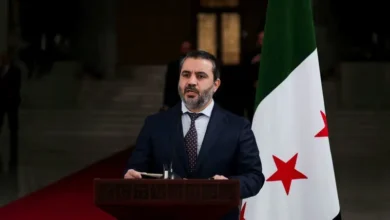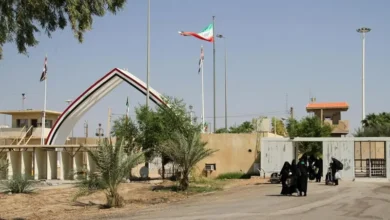No secret that Saudi Arabia is developing civilian nuclear program: Prince Faisal
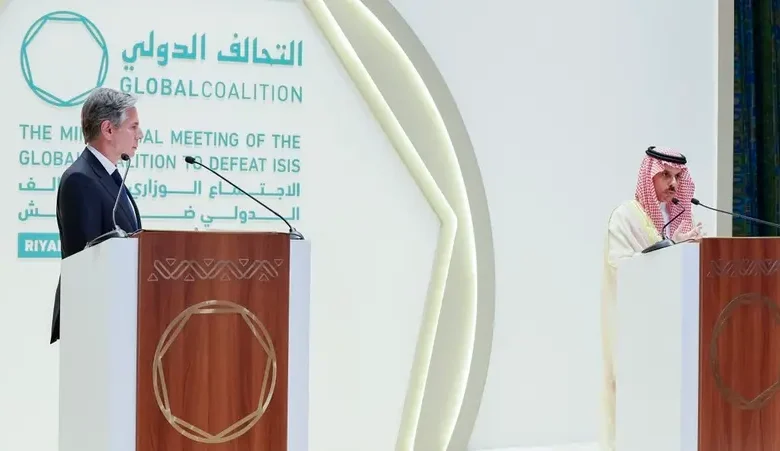
Saudi Arabia is developing its civilian nuclear program and prefers to have the US as one of the bidders for that program, Riyadh’s top diplomat said Thursday.
“There are others that are bidding, and obviously, we would like to build our program with the best technology in the world, and that will require a certain agreement to be in place,” Prince Faisal bin Farhan said during a joint press conference with Secretary of State Antony Blinken.
“We have differences of opinion [with the US], and so we’re working on finding a mechanism for us to be able to work together on civilian nuclear technology. But, you know, we intend to move forward on that program,” Prince Faisal said.
Saudi Arabia has requested US technology to enrich the uranium Riyadh possesses to produce and then sell fuel. Otherwise, Saudi officials have said they could look to China, Russia or France for help, which are the countries Prince Faisal may have been alluding to.
A State Department spokesperson previously said the Biden administration was committed to supporting Saudi Arabia’s clean energy transition, including its efforts to develop a peaceful nuclear energy program, but stopped short of signaling US approval for Saudi’s uranium enrichment plans.
“The United States has long sought to limit the spread of uranium enrichment and spent fuel reprocessing technologies globally, given their potential technical applicability to fissile material production. President Biden has been clear that the administration remains committed to this longstanding US nonproliferation objective,” the official told Al Arabiya English at the time.
China ties
Asked about Saudi Arabia’s relationship with China, Prince Faisal downplayed chatter that the Kingdom was shifting east and away from the US.
“I don’t ascribe to this zero-sum game,” he said. “We are all capable of having multiple partnerships and multiple engagements and the US does the same in many instances.
For his part, Blinken said Washington had been clear. “We’re not asking anyone to choose between the United States and China. We’re simply trying to demonstrate the benefits of our partnership and the affirmative agenda we bring.”
Syria normalization
The top Saudi diplomat was also asked about the Arab League’s decision to readmit Syria and the Assad regime after years of a brutal war, saying the “status quo” was not working and was burdening regional countries and the Syrian people.
Prince Faisal pointed to Lebanon’s devastating economic crisis, which along with corruption and decades of graft, has been exacerbated by an estimated 2 million Syrian refugees. “They [Lebanon] cannot carry this burden of 2 million Syrian refugees for much longer. And in order to avoid a situation where they are at risk, we need to find a way for them to return safely,” Prince Faisal said.
He defended Saudi Arabia’s stance on normalizing with the Assad regime. “Regardless of what one thinks about Bashar al-Assad, we took the only pathway to resolving the humanitarian challenges that we face in the aftermath of the Syrian crisis.”
Blinken said it was no secret that the US did not think Syria merited readmission to the Arab League, adding that there would be no US normalization with the Assad regime. “But at the same time, we also see that we [and the Arab League] have the same goals when it comes to what we’re trying to achieve.”
Those goals include finding a political solution to the Syrian war, ensuring ISIS remains defeated, countering Captagon trafficking, and reducing Iranian influence.
“Now, I have to admit we are skeptical of Assad’s willingness to take the necessary steps, but we’re aligned with our partners here on what those steps are and on the ultimate objectives,” Blinken said.

